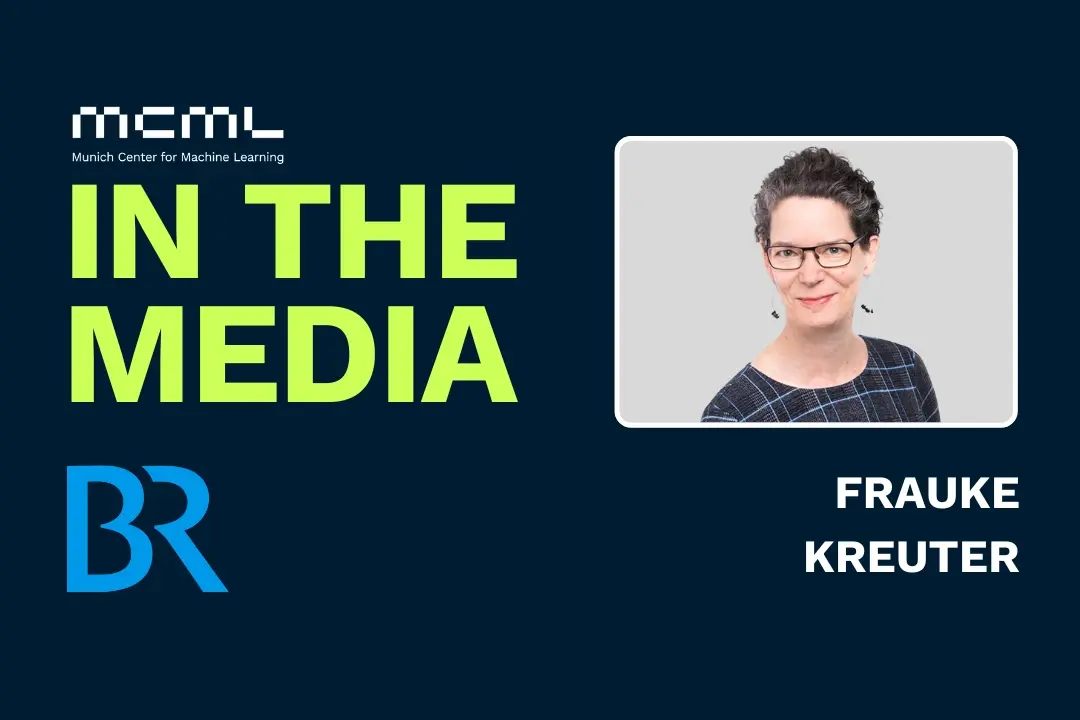28.09.2023
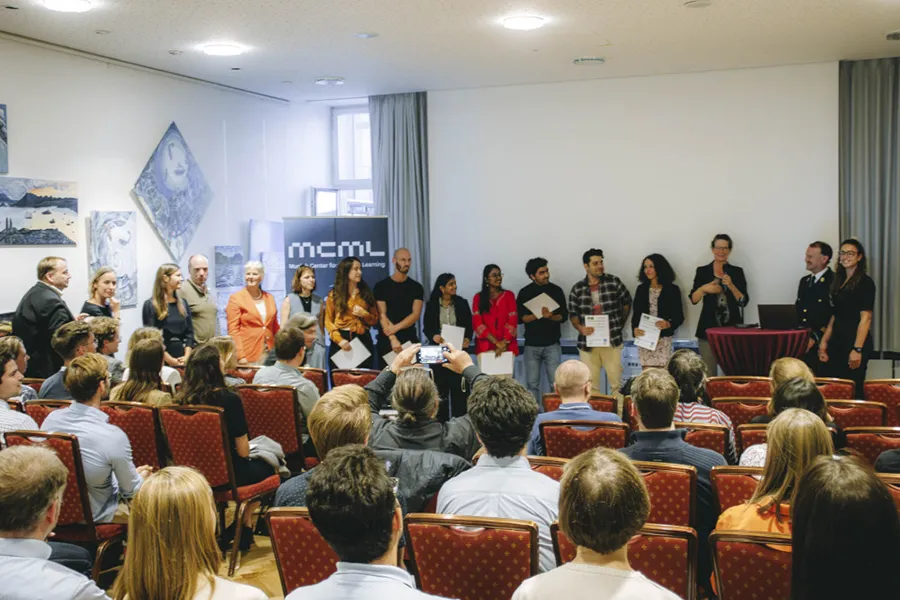
©MCML
Data Science for Social Good Closing Ceremony
The Data Science for Social Good (DSSG) Practice-Oriented Summer Program 2023 Has Come to an End
At the end of the two-months program, the closing event of the DSSGx Munich 2023 took place on 28 September. As the highlight of the event, our two teams, consisting of eight fellows from all over the world, each presented their projects.
DSSGx Munich is organized by MCML PI Frauke Kreuter and MCML Director Bernd Bischl and their teams and funded by the Munich Center for Machine Learning.
In addition, Keynote speaker Professor Leah J. Welty from the Institute for Public Health & Medicine and Northwestern University gave a lecture on the topic “Robust data science: lessons learned from medical applications”.
Even though the project is over for 2023, there will be another DSSG program next year. Or in the words of our PI Professor Frauke Kreuter:
After DSSGx Munich 2023 is before DSSGx Munich 2024. Stay tuned.
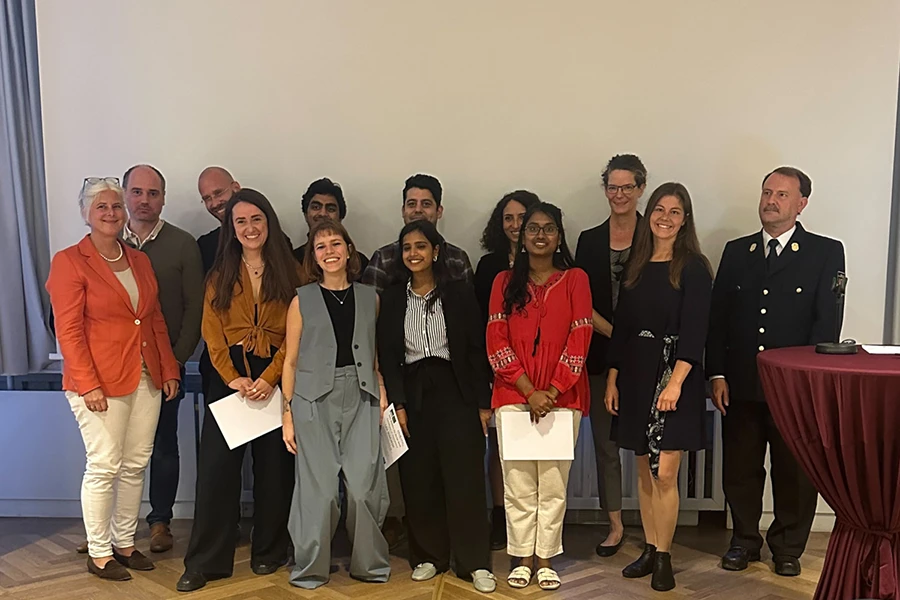
©MCML
The DSSGx Munich 23 team
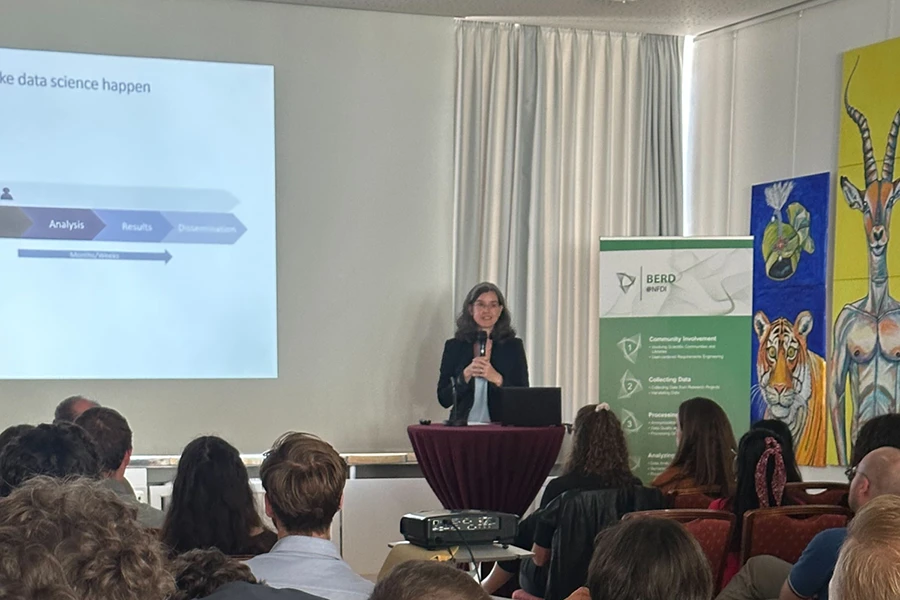
©MCML
Keynote speaker Professor Leah J. Welty on the topic "Robust data science: lessons learned from medical applications"
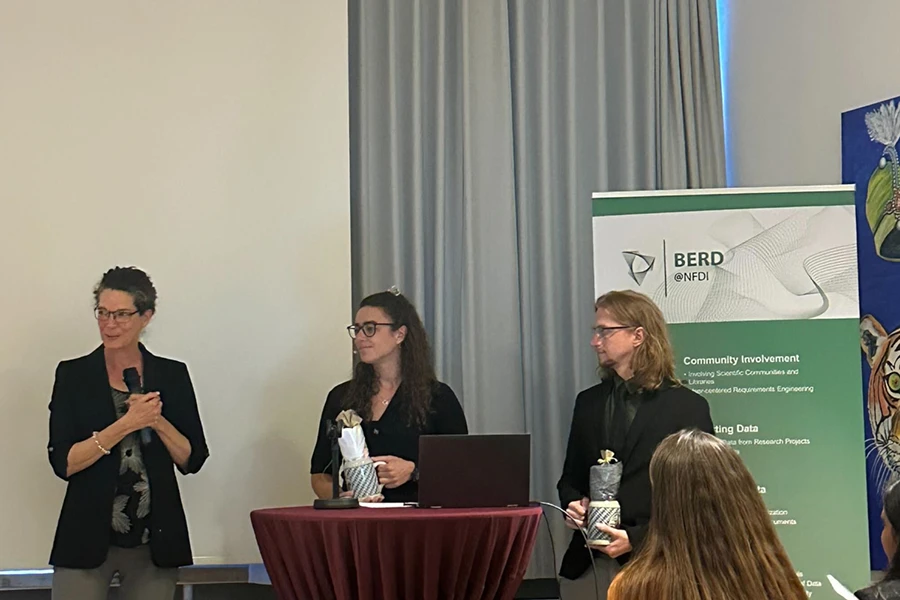
©MCML
Congrats to the teams by MCML PI Frauke Kreuter
Brief Project Overview
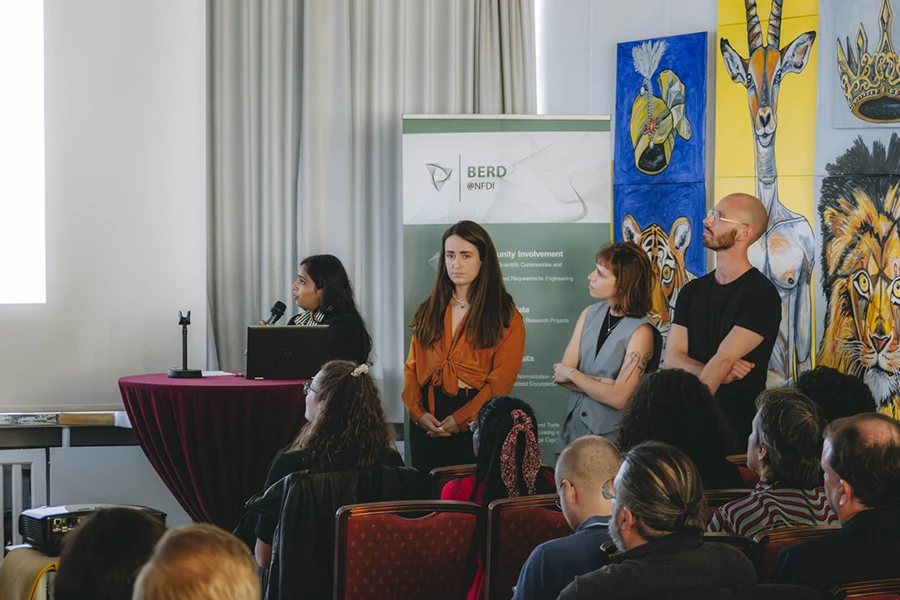
©MCML
Project 1: Land Sealing Dataset and Analysis for Better Understanding of Climate Change
The European Commission decided to reduce land sealing to net zero land-take by 2050. Protecting biodiversity and strengthening climate-adaptation affords integrated and climate-oriented planning on state, regional and local levels. Stakeholders have no central platform to analyze land use plans on regional and local level. This leaves them with an unstructured bulk of single documents and impedes democratic negotiation and action on tackling land sealing.
The Solution
The project team created a comprehensive dataset about land parcels from the state of Nordrhein-Westfalen in Germany. They provide applications that allow for structured search and analysis of relevant terms. For each land parcel, the dataset supplies important details about their land use planning and land sealing and connects it to the regulations and guidelines on a regional and state level. The deployed tools supply users with the required information for topics like flood risk protection measures or building guidelines.
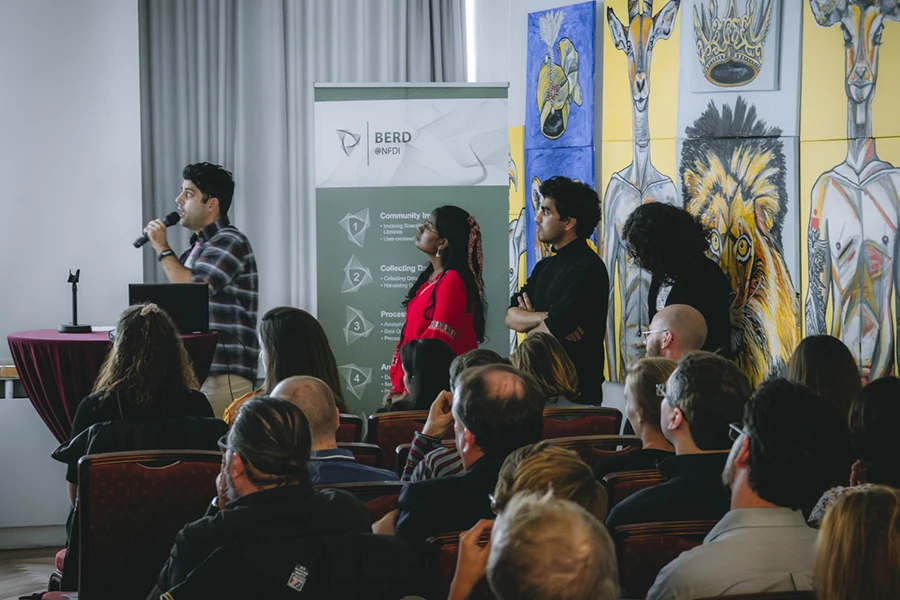
©MCML
Project 2: Fire Hydrant Range-Finder Web Application.
The fire brigade currently lacks a fast, comprehensive and reproducible tool that estimates and visualizes the range of fire extinguishing sources (such as hydrants) on a map. Additionally, natural obstacles such as stairs, rails, buildings, etc. are not taken into account when this range is calculated. However, this is essential for planning, since a representation of the range of water extraction points as the crow flies is insufficient and may lead to misplanning.
The Solution
The project team developed and deployed a web application which allows for visualizing the coverage of multiple water extraction points, while taking into account important parameters, such as mode of hose transport, elevation and fire hose length. Additionally, it can be used for sighting of water sources in the vicinity of known or probable fire sites (e.g. chemical plants).
About DSSG
Data Science for Social Good, is an initiative founded by Rayid Ghani at the University of Chicago in 2013. Its mission is to create and sustain programs, solutions and communities that enhance the use of data science and Artificial Intelligence for social good. From the very beginning, the flagship project of DSSG has been its annual fellowship program, now at multiple locations globally.
Related
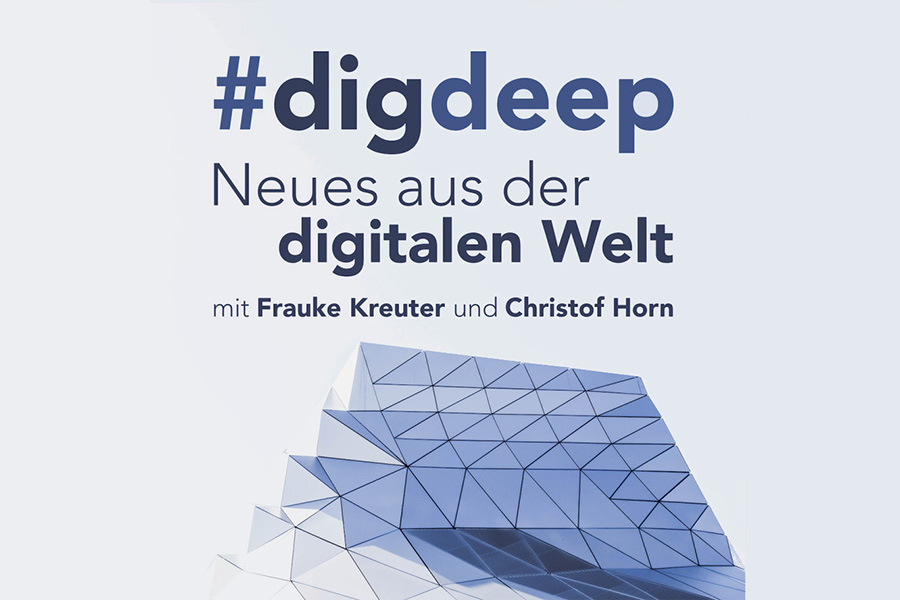
13.02.2026
Digdeep Podcast: Will School Still Work When AI Becomes the New Classmate?
In the new episode of #digdeep Jochen Kuhn and Florian Karsten discuss AI at schools.

29.01.2026
Digdeep Podcast: Anna Kopp, How Does Microsoft Bring People and AI Together?
In the new episode of #digdeep ist the guest Anna Kopp from Microsoft Digital Germany.
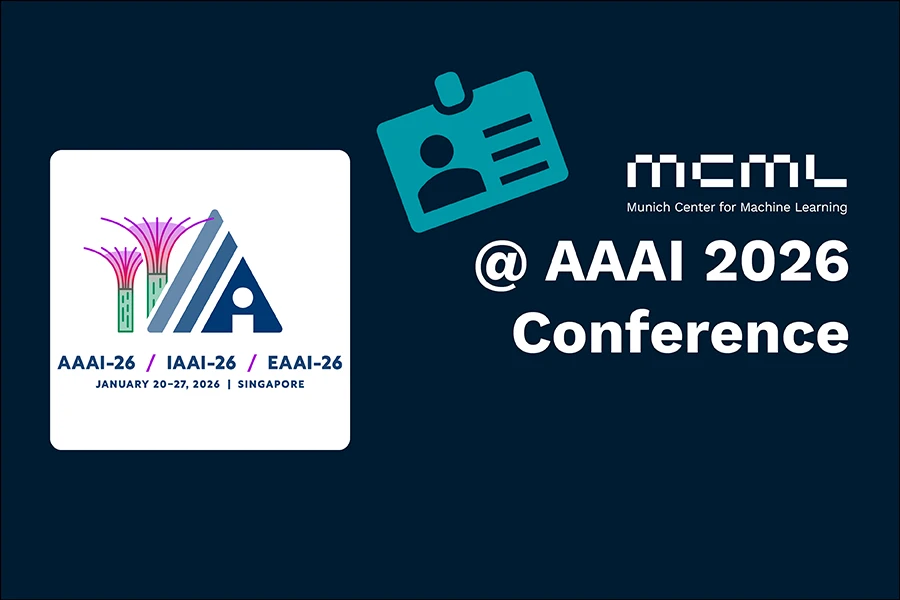
19.01.2026
MCML at AAAI 2026
MCML researchers are represented with 17 papers at AAAI 2026 (12 Main, and 5 Workshops).
